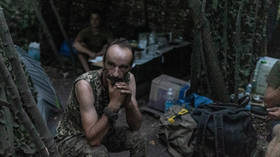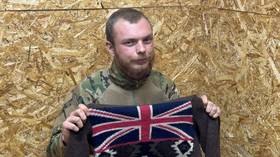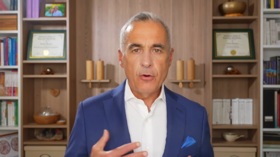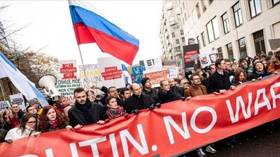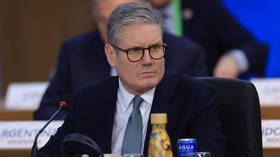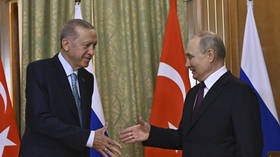Moldova and Transdniester ready for settlement, but on different principles
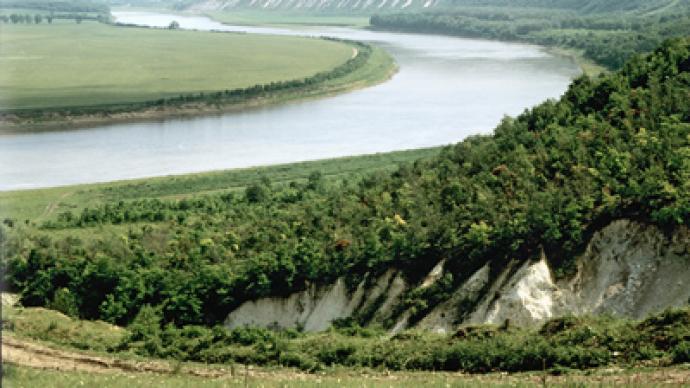
Only the people of Transdniester can decide their future, without any interference from other states, the leadership of Moldova’s breakaway province has stressed.
The statement came two days after Russian Foreign Minister Sergey Lavrov, at a meeting with his Moldovan counterpart Iurie Leanca, said that Moscow was ready to help promote the settlement process. Leanca noted that it was time to start negotiating a way out of the conflict. “The only subject to take decisions on its fate” is the multi-national Transdniester people, the province’s foreign affairs department said. The people have expressed their will during referendums, “including one held in 2006, when more than 97 per cent of voters spoke in favor of independence,” it added. The region proclaimed itself a new republic of the USSR on September 2, 1990, in response to the nationalistic policies of the authorities in Moldova’s capital, Chisinau. The independent Republic of Moldova was proclaimed a year later, and Chisinau sent troops to Transdniester in the summer of 1992. Russian troops, deployed in the region since the times of the USSR, intervened and prevented a large-scale armed conflict. The current peacekeeping forces include Russian and Moldovan troops, as well as observers from Ukraine and the Organization for Security and Co-operation in Europe (OSCE).Lavrov said on Tuesday that Moscow and Chisinau were unanimous that Transdniester should remain part of united Moldova as a territory with a special status. Moscow has also made it clear that it may withdraw its troops and ammunition from the region, saying they should be replaced by a peacekeeping mission of the OSCE and the European Union.For many in Transdniester, the presence of Russian troops is the main guarantee of the province’s independence. The leadership in the region’s capital, Tiraspol, said that no “exchanges” or “denials” by third countries would be taken into account. Tiraspol confirmed its readiness to negotiate the conflict “on equal principles” and a multiplayer system of guarantees. But the region’s leaders cited the permanent political crisis and the absence of a legitimate president in Moldova as an obstacle for the resumption of talks. The peacekeeping operation of the Russian troops is still topical despite Chisinau’s efforts to discredit it, Transdniester’s foreign affairs department said. It cited the Russian foreign minister who said that first of all the model of the final settlement should be agreed on. But this model should be only determined by the two sides of the conflict, Tiraspol said. “We see our future only as a sovereign independent state,” it said, explaining that Transdniester “never associated itself with the Moldovan statehood.” Tiraspol maintains close ties with Russia, not only in the political area. Chairman of the unrecognized republic’s Supreme Council Anatoly Kaminsky recently said that Moscow had allocated humanitarian aid to Transdniestr. The funds will be used to pay social benefits to senior citizens. Meanwhile, the Moldovan government is trying to develop a new strategy for the settlement of the conflict with the breakaway province. The peaceful solution should be based on international standards, Moldovan Deputy Prime Minister for Reintegration Yevgeny Karpov said. But he stressed that the main principle is Moldova’s independence and territorial integrity.



